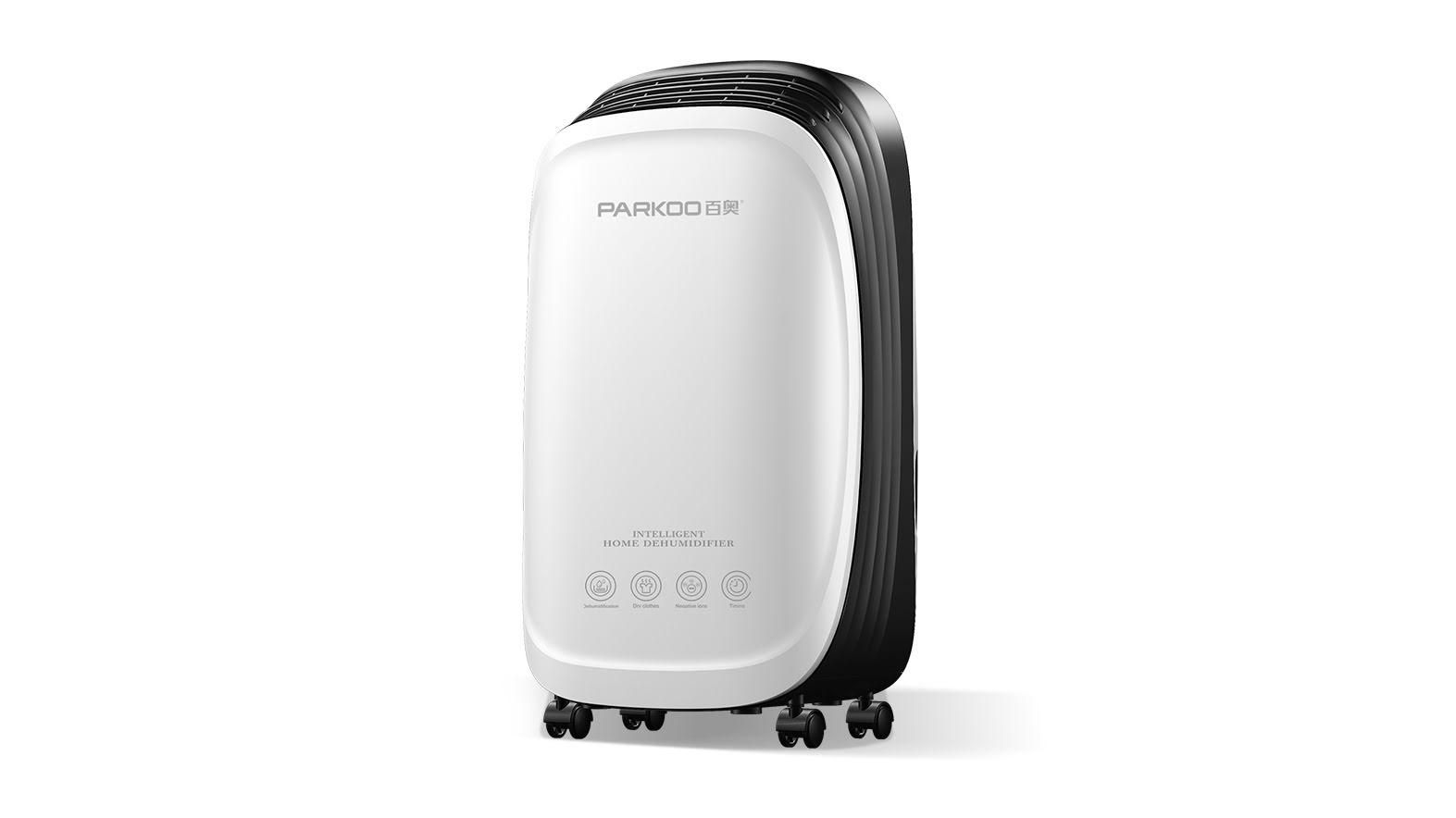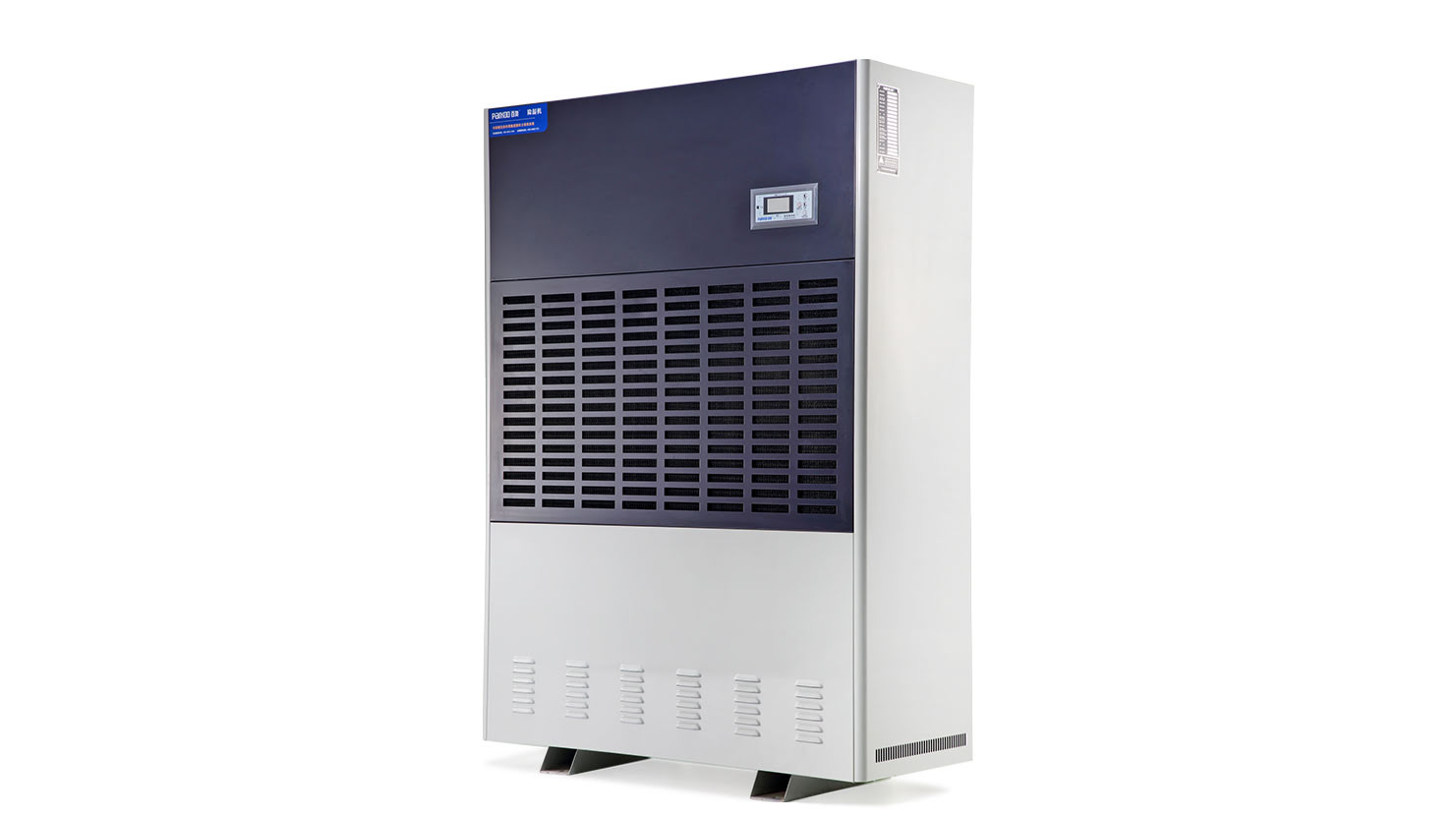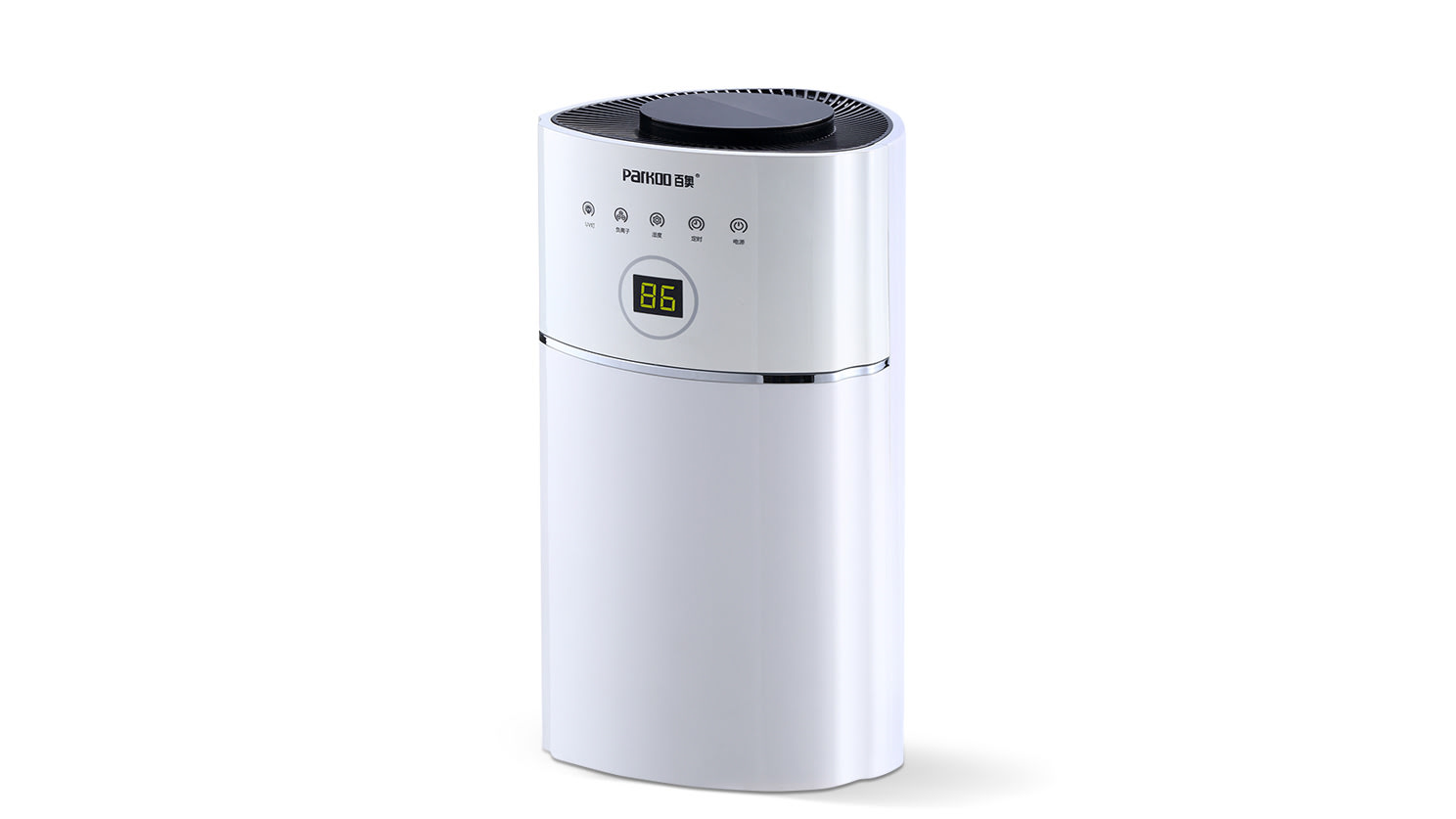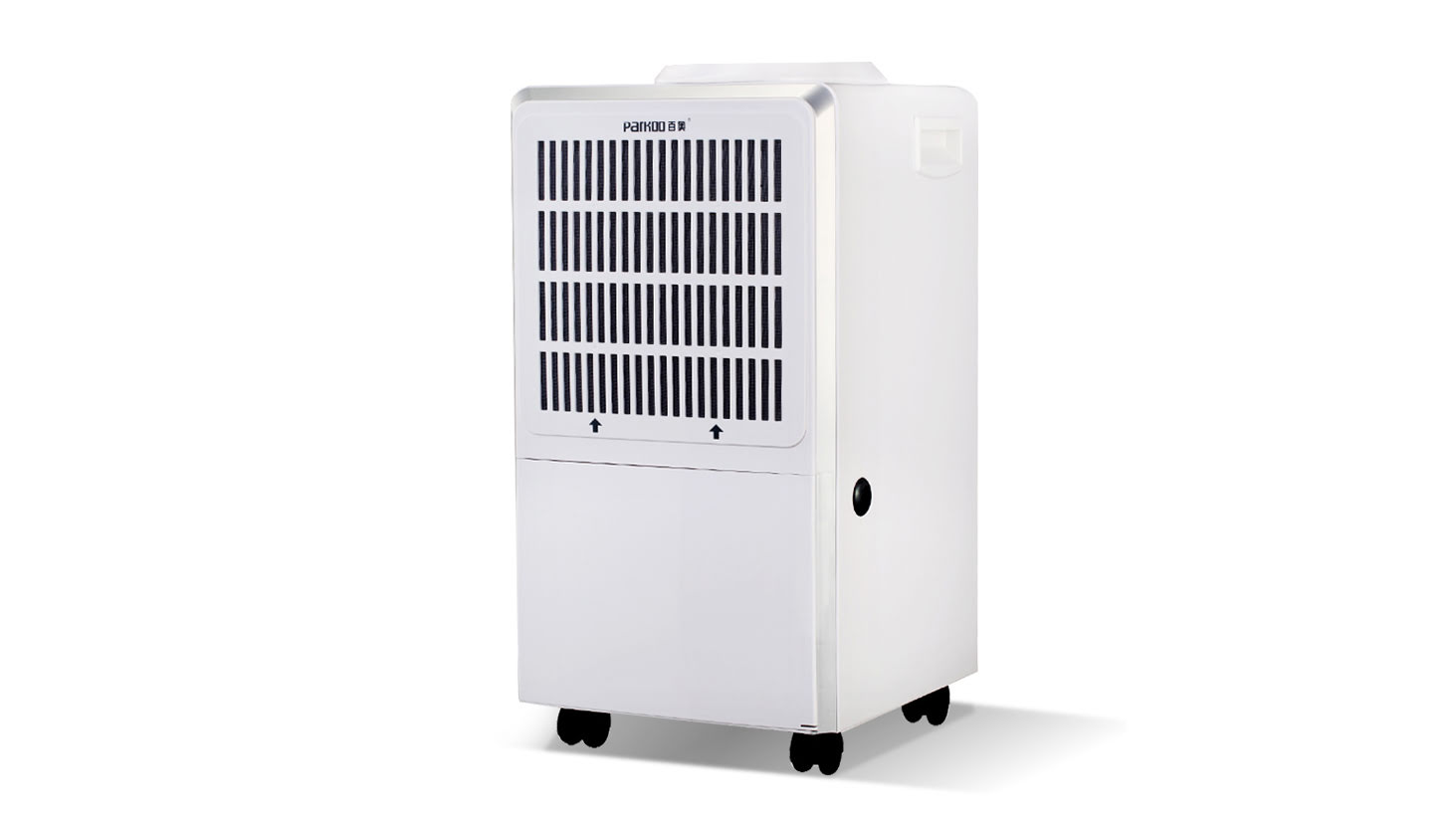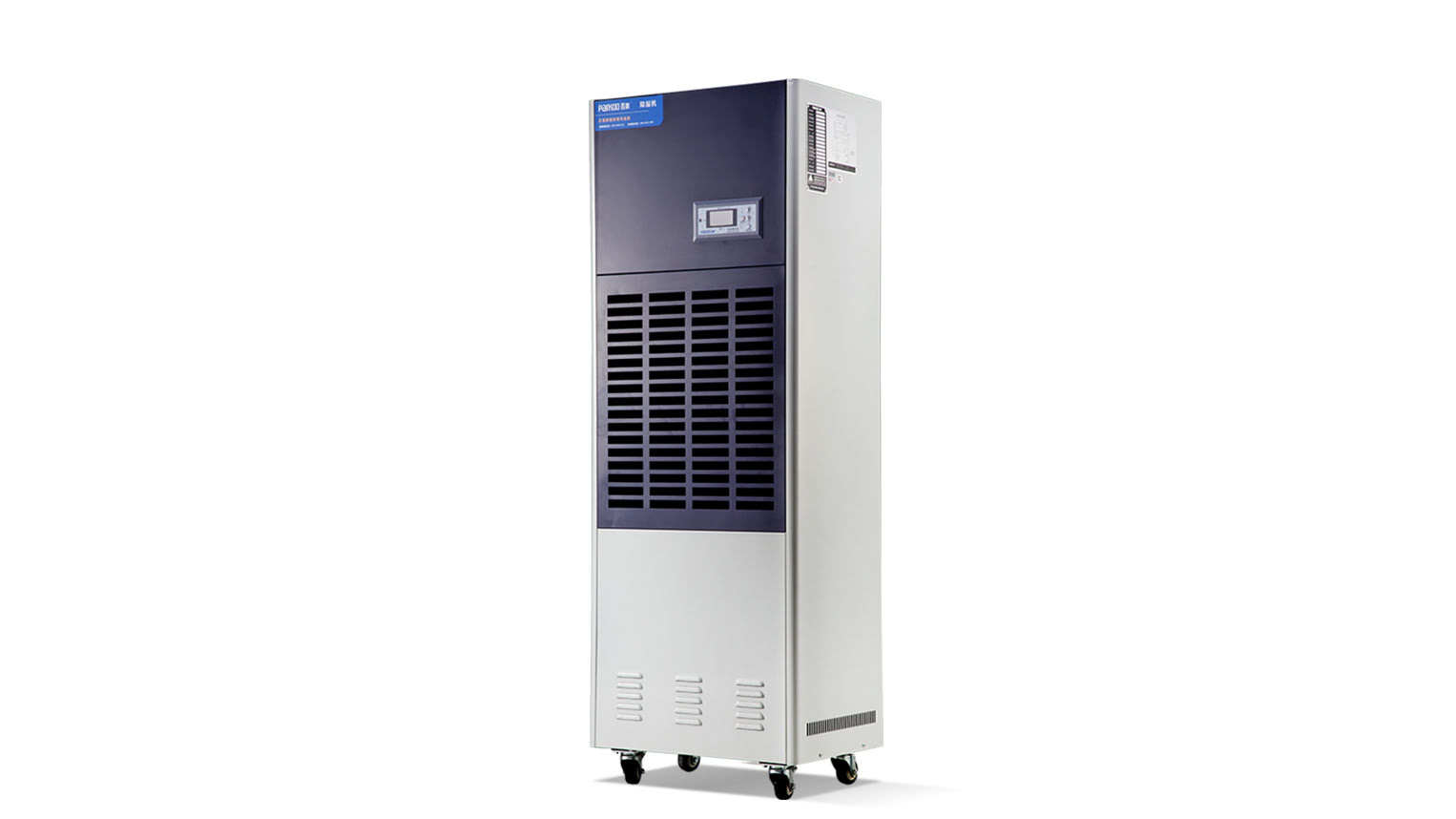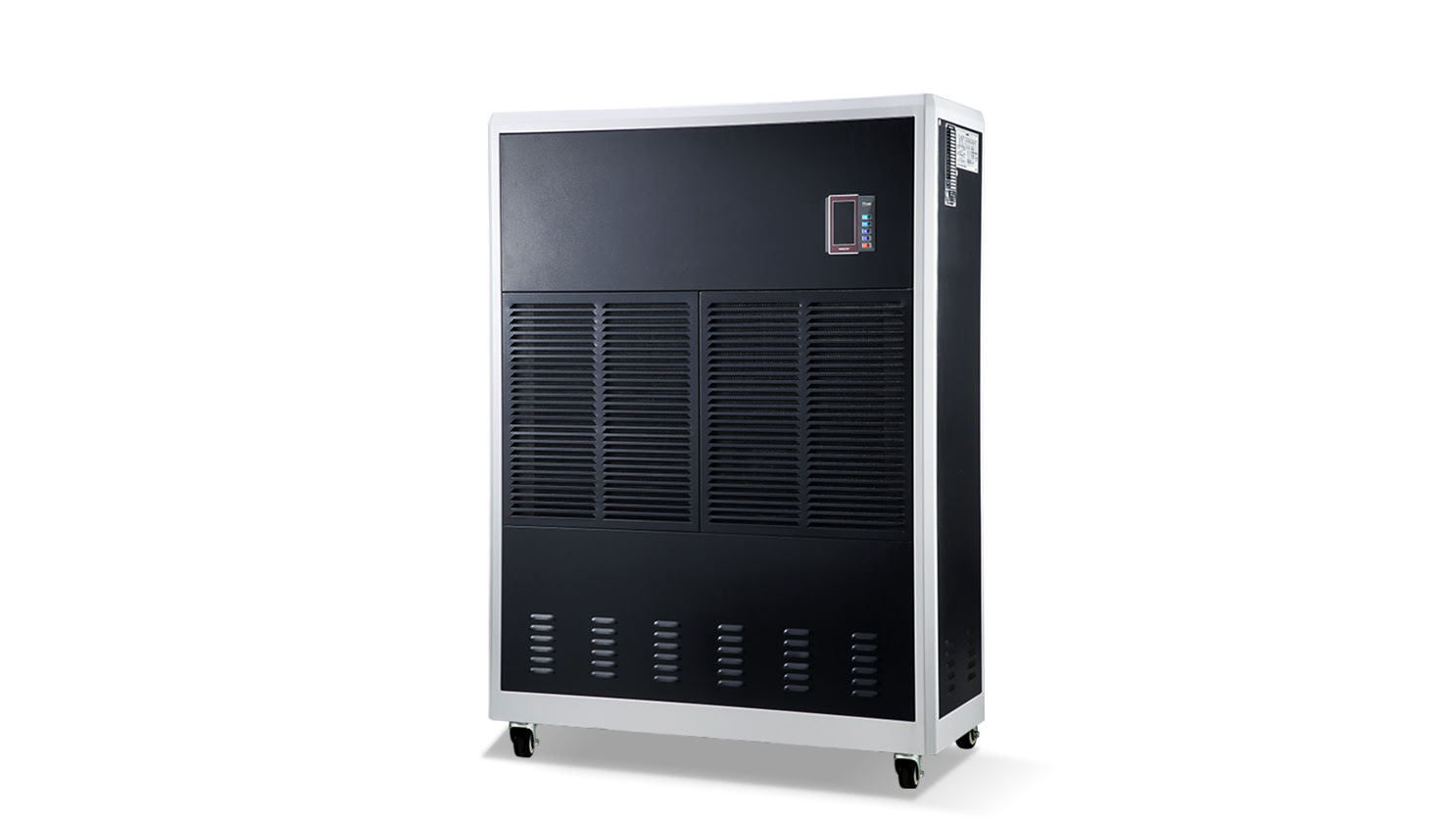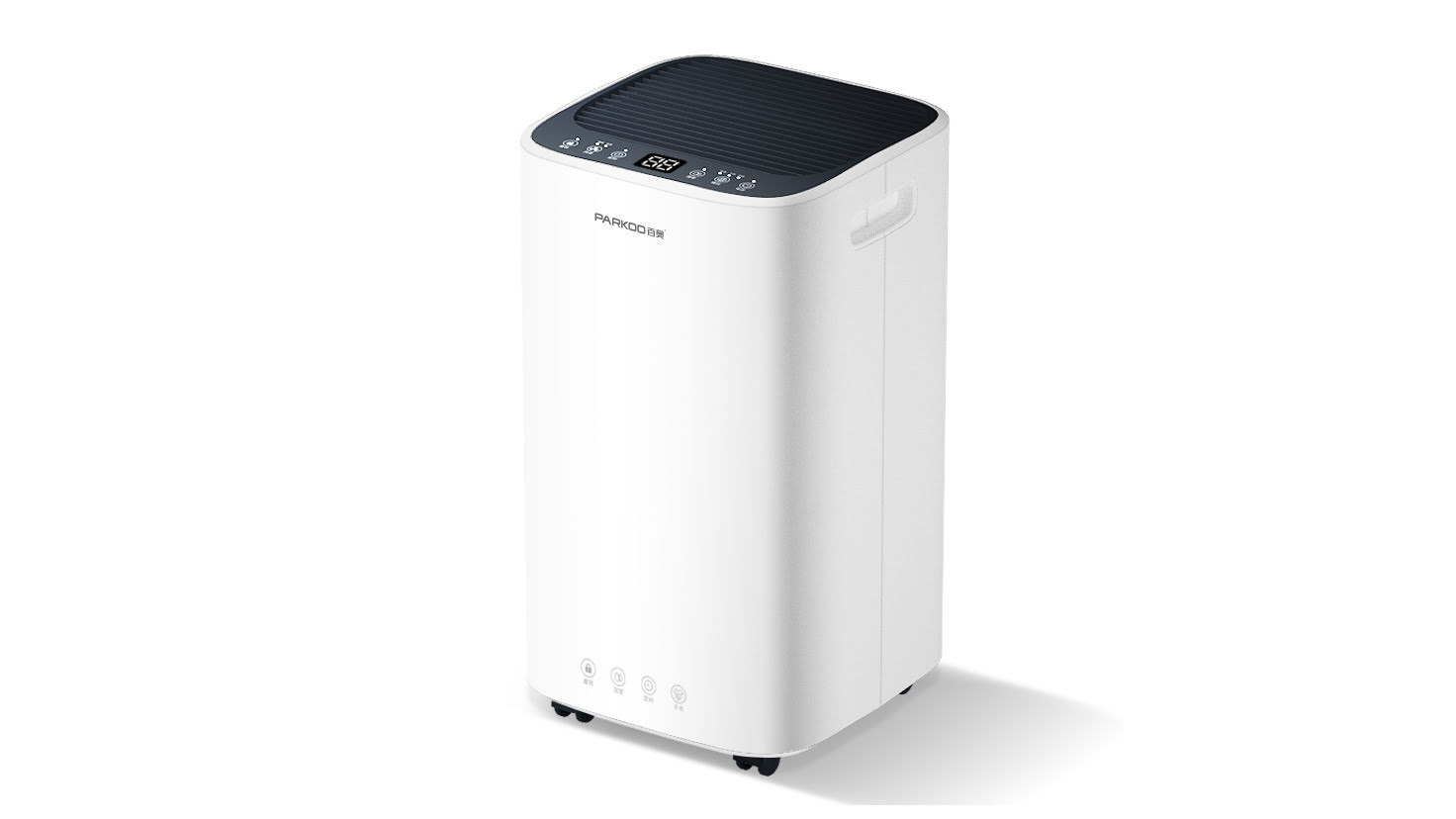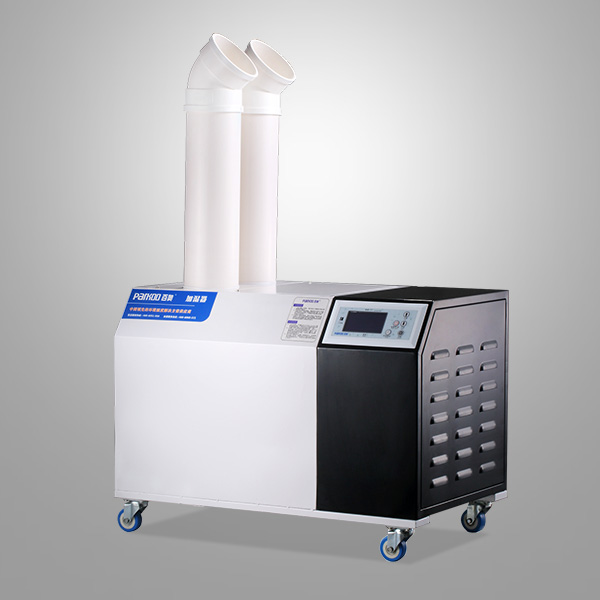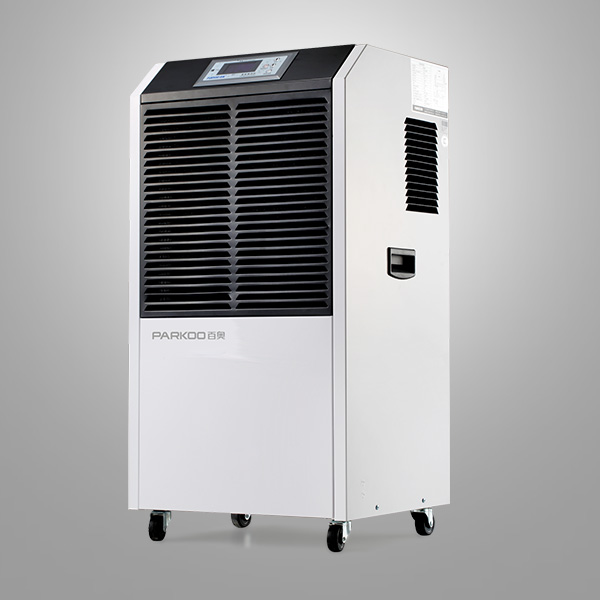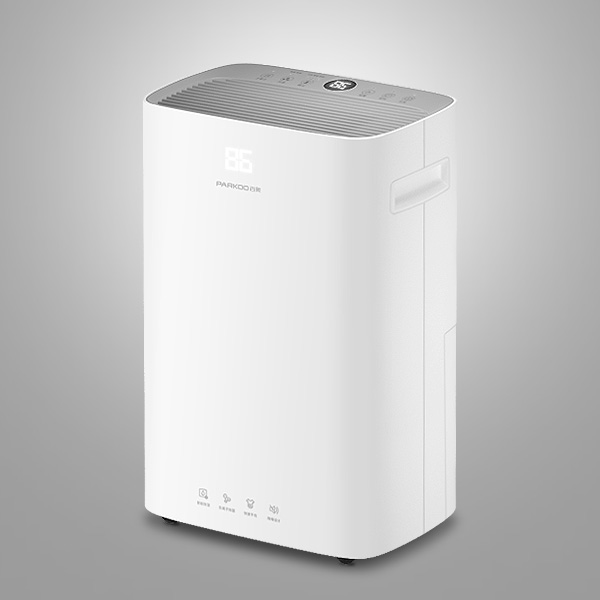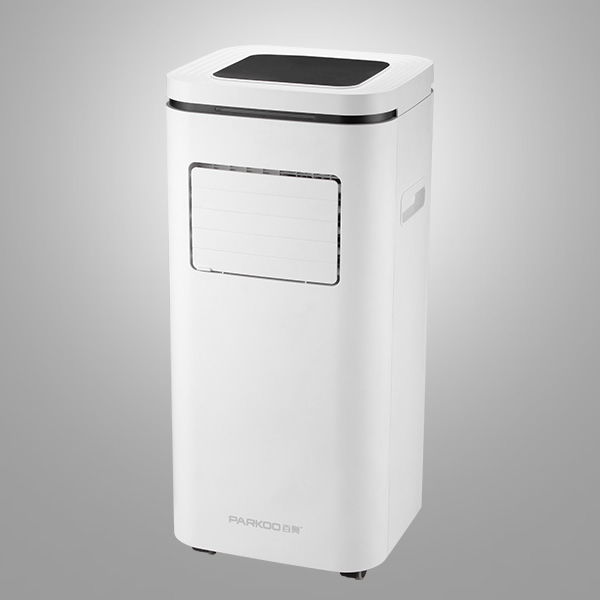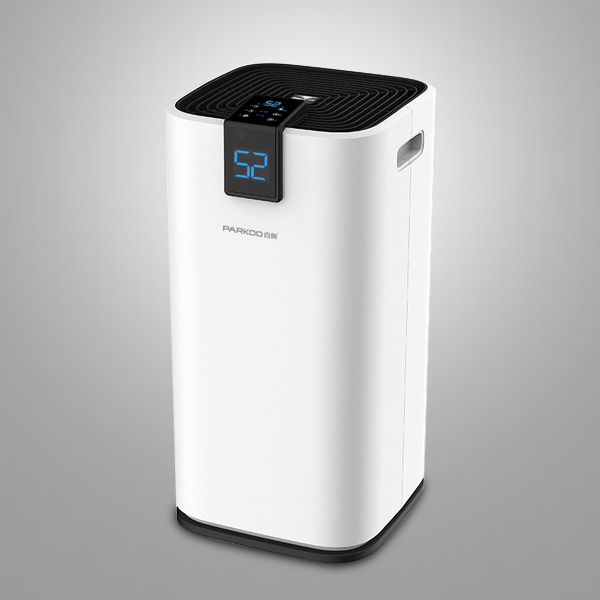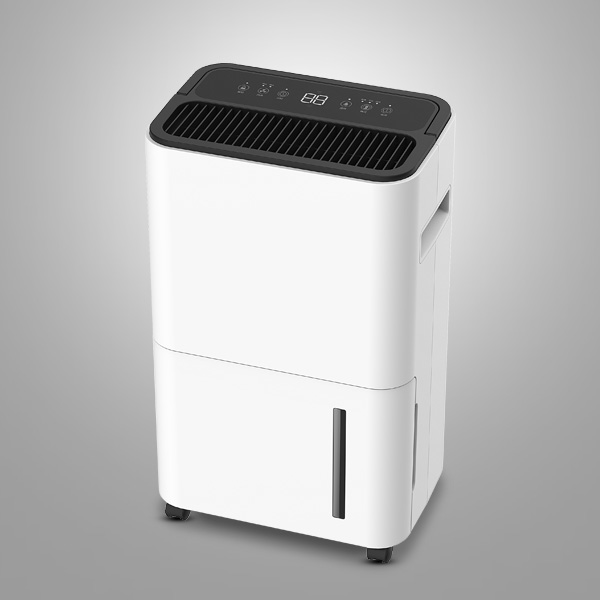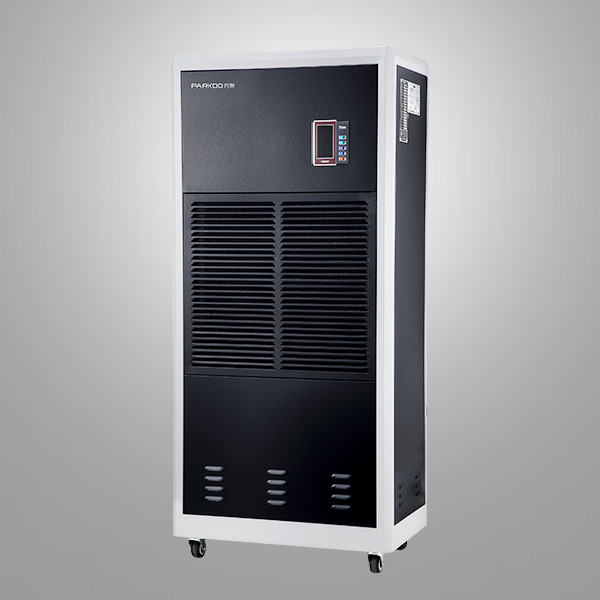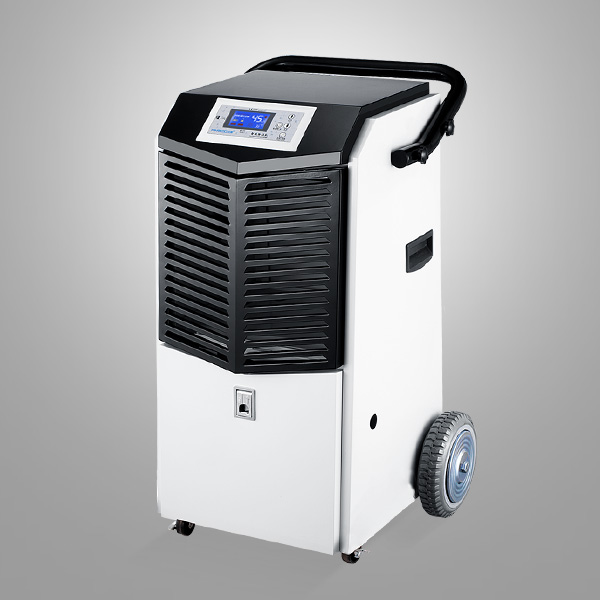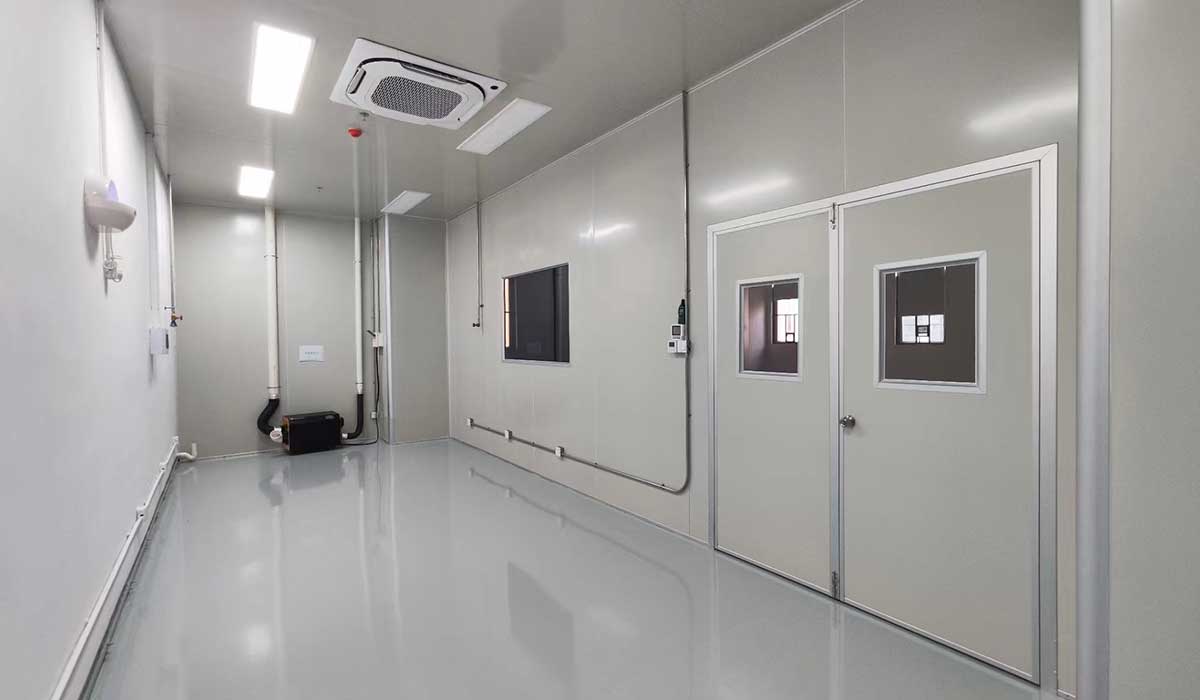The previous two articles introduced how to prevent the humidity in the basement. In addition to using the basement dehumidifier, we can also do these operations. The humidity in the basement that has been placed is too high
1. Close basement windows on damp days and nights. The third way for moisture to enter the basement is through condensation. Closing basement windows when the outdoor relative humidity exceeds 50% or 60% will prevent moist air from entering your house and prevent condensation. This is particularly important in warm spring and summer When warm and humid air comes into contact with cold surfaces, such as basement walls or floors, condensation can form
2. Increase ventilation in the basement. Increasing air flow will make it difficult to form condensation, as movement will help to expel moisture from the air. Increase ventilation in the basement by opening windows on non humid days, running fans, and using exhaust outlets
3. Add additional insulation to the exterior basement walls. In addition to preventing moist air from entering the basement, another way to prevent condensation is to isolate walls to maintain their temperature. When the walls warm up, moist air does not condense on them After addressing leaks and water entering other areas of the basement from outside, only the exterior walls will be insulated. Otherwise, you will sink into the water behind the insulator and eventually form mold
4. Insulated cold water pipe. Cold water pipes are typical places for condensation, as they are usually cooler than the surrounding surface. Buy some foam pipe insulation materials, cut according to the pipe size, and wrap the pipe with insulation materials. This can prevent moisture from accumulating on the pipeline and prevent condensation
